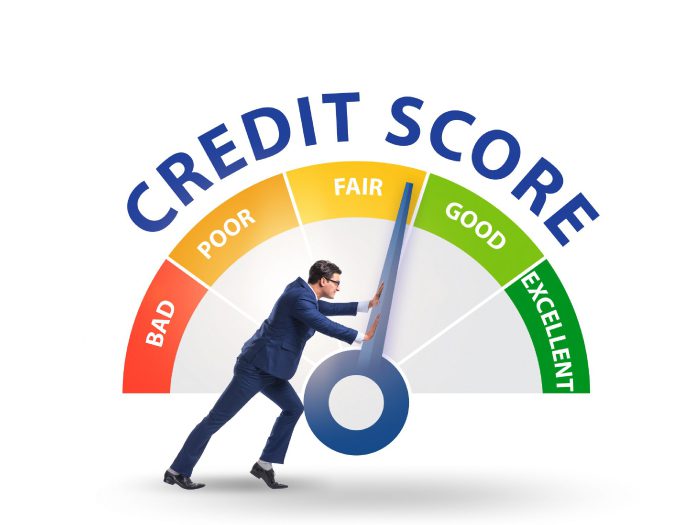How to Repair Your Credit After Foreclosure

What Sellers Need to Know About Closing/What Sellers Should Expect at Closing
May 19, 2020
Everything You Need to Know About Foreclosures
May 19, 2020
Foreclosure is a major obstacle facing many homeowners. Not only do you have to worry about the possibility of losing your home, but it also has a huge negative impact on your credit score. A foreclosure will remain on your credit history for seven years, and although it can feel impossible to recover from the blow, there are steps you can take to rebuild your credit score. While it’s a gradual process, making smart decisions about your money will make a major difference in the long run.
Figure out why the foreclosure happened
Take an honest look at your finances and identify the cause of your money issues. Knowing what the problem was is the first step to making sure nothing like that happens again. Was it something completely out of your control, like a job loss or divorce? Were you making purchases that you couldn’t afford? Once you have figured out what led to the foreclosure, tackling that will help you prevent future issues, whether that’s by setting aside more money for emergencies, watching your spending more carefully, or other solutions.
Make a budget and stick to it
It can be easy to lose track of how much you’re spending if you don’t watch it carefully. Setting a budget and staying within it will help prevent you from overspending and getting into more debt. Make sure you hold yourself to staying within your budget – but if you do end up going over, make sure you note on what and by how much, so you can better prepare for the future. Having a budget can help you make smarter decisions about your spending habits.
Pay your bills on time
Getting your bills paid on time can be a huge factor in improving your credit score. Getting any debts paid on time will help, but making on-time payments for a variety of different things will help boost your credit score even faster. If all your other payments are on time, a creditor may even see that the foreclosure was the only black spot on your credit score and be more lenient with your application. Make sure you pay other expenses on time as well, like gym memberships and utility bills. They don’t report on-time payments to credit card companies, but they do report late payments, and those will still affect your credit score.
Use your credit card wisely
Spending money with your credit card and paying the bill on time will help you build credit. However, be careful that you’re not buying things you can’t afford. Make small purchases with it and keep your credit utilization ratio below 30% – anything higher can hurt your credit score. If you’re having trouble getting approved for a card, try applying for a secured card. These require a deposit and have a spending limit that usually matches that amount, and just about anyone can be approved for one, regardless of credit history.
Consult a credit counselor
If you’re still struggling with budgeting and debt management, a credit counselor can help you with your financial problems. They can set a budget that works for your income and may negotiate with creditors to get you lower interest rates and monthly payments. Choose a nonprofit organization certified by the National Foundation for Credit Counseling or Financial Counseling Association of America to find a reputable credit counselor.
Be patient
Monitoring your credit score may feel like watching paint dry. Unfortunately, there are no quick fixes or shortcuts when it comes to improving your credit. It’s a gradual process that can take months or years. Don’t be disheartened; just remember it won’t last forever, and with perseverance, planning, and responsible decisions, you will see a difference.




